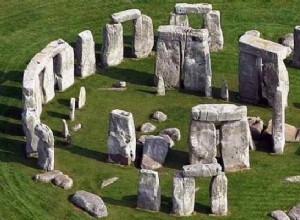A new blow - scientific this time - is coming to make things worse for traditional British pride. The builders of the famous Stonehenge monument, which is the pride of every good Englishman and Briton in general, seem to have come from the coasts of Asia Minor and Anatolia, according to a new geneti




